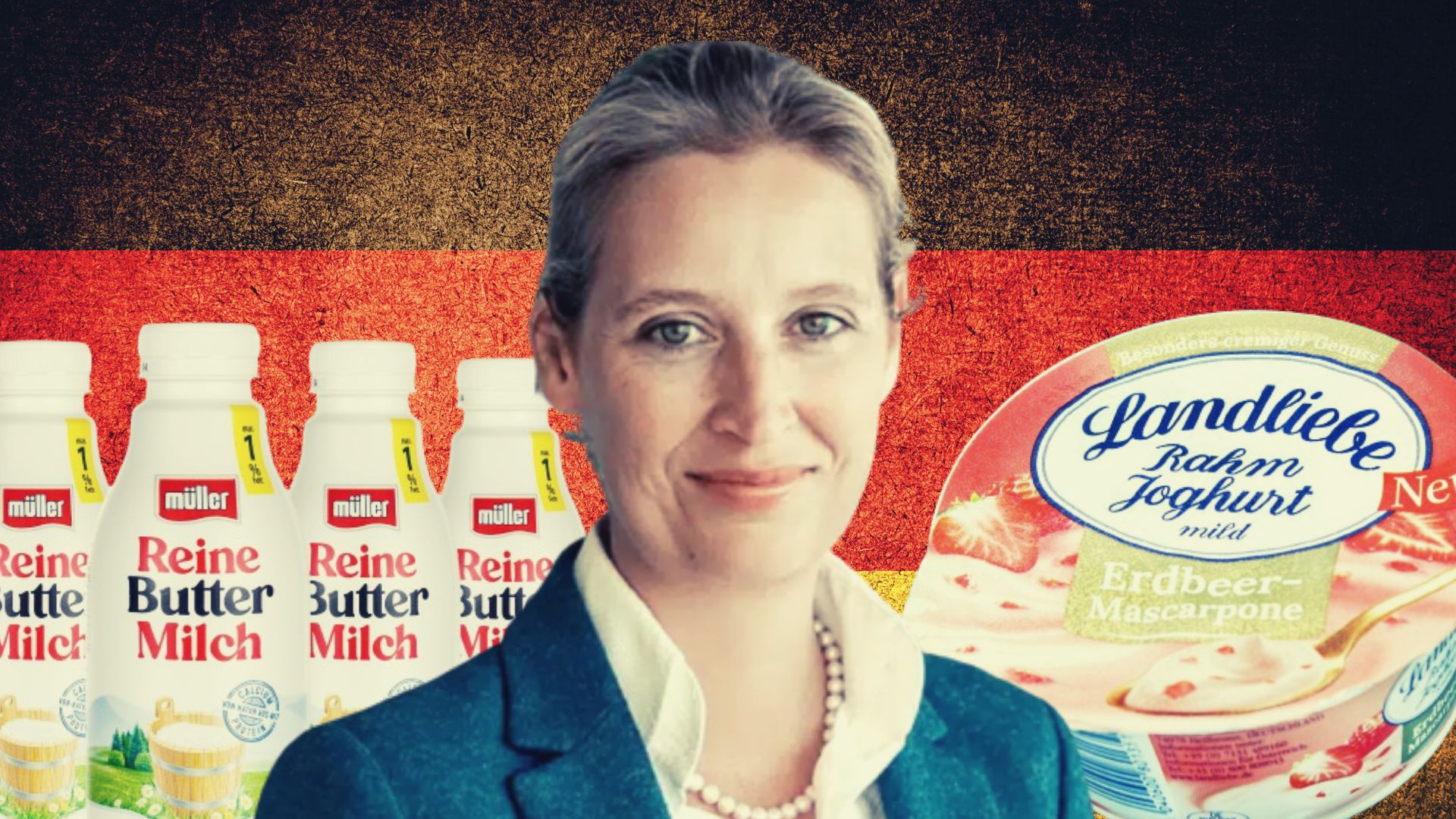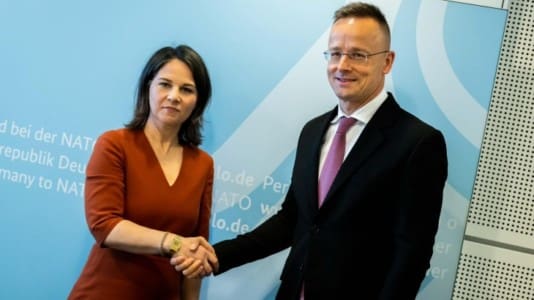One of the richest men in Germany is now openly meeting with the Alternative for Germany (AfD), and the move has led to calls for a boycott from left-wing Interior Minister Nancy Faeser and the country’s main establishment parties.
Theo Müller — who owns some of the most popular food brands in Germany, including Mülllermilch, Weihenstephan, and Landliebe — stated that he held talks with AfD co-chairwoman Alice Weidel several times. He is considered one of the first major business figures to openly make contact with the AfD, and Germany’s establishment parties, including the Christian Democrats (CDU) and Free Democrats (FDP), are backing calls for a boycott.
Müller is estimated to be worth over €4 billion, and his meeting could pave the way for other business leaders to openly back the AfD.
It is now “up to business to take a clear stance here,” said Faeser after Müller defended the AfD, saying the party does not have an extremist platform and has nothing to do with National Socialism, an ideology that Müller rejects.
Faeser claims that the “climate of division and resentment that the AfD is fomenting” is deterring skilled migrants from coming to Germany. She said businesses must distance themselves from the AfD or right-wing ideology and parties will enjoy a “creeping normalization.” She also said there is a responsibility “especially from (companies) who employ tens of thousands of people, many of whom have a migration background.”
[pp id=100838]
Faeser’s call for a boycott was backed by SPD leader Saskia Esken as well as the CDU, FDP, Greens, and CSU. CDU’s General Secretary Martin Huber said: “It must be clear to every entrepreneur and every employee: The AfD is damaging Germany.”
FDP General Secretary Bijan Djir-Sarai said that companies must now “clearly identify the dangers posed by the AfD.”
However, Germany’s establishment parties may have a strong incentive to go on the offensive against Müller and make an example of him, as many of the AfD’s policies, including ending sanctions on Russia to regain access to cheap energy, halting the green energy revolution, and reducing the bureaucratic and tax burdens on businesses, may be appealing to many of Germany’s industrial leaders.
As Remix News reported just yesterday, bankruptcies are soaring in Germany, and the country’s business class has accused the ruling government of moving to “deindustrialize” the German economy with its policies.
Müller said that he only met with Weidel to discuss the party’s program and has not made any donations to the party. Nevertheless, Lorenz Beckhardt, who serves as an editor for the state-run broadcaster WDR, wrote: “Never again Müllermilch, Landliebe, Weihenstephan.”
The AfD has responded, with the economic policy spokesman for the Bundestag parliamentary group, Leif-Erik Holm, stating, “Now that more and more entrepreneurs are supporting the AfD, like the Müllermilch boss recently, the traffic light seems to be slowly going down the drain. It is increasingly reminiscent of the SED times. Companies don’t want to be forced to make any political statements, but rather can finally work in peace! The German economy really has other things to worry about than doing pirouettes for the traffic light.”






